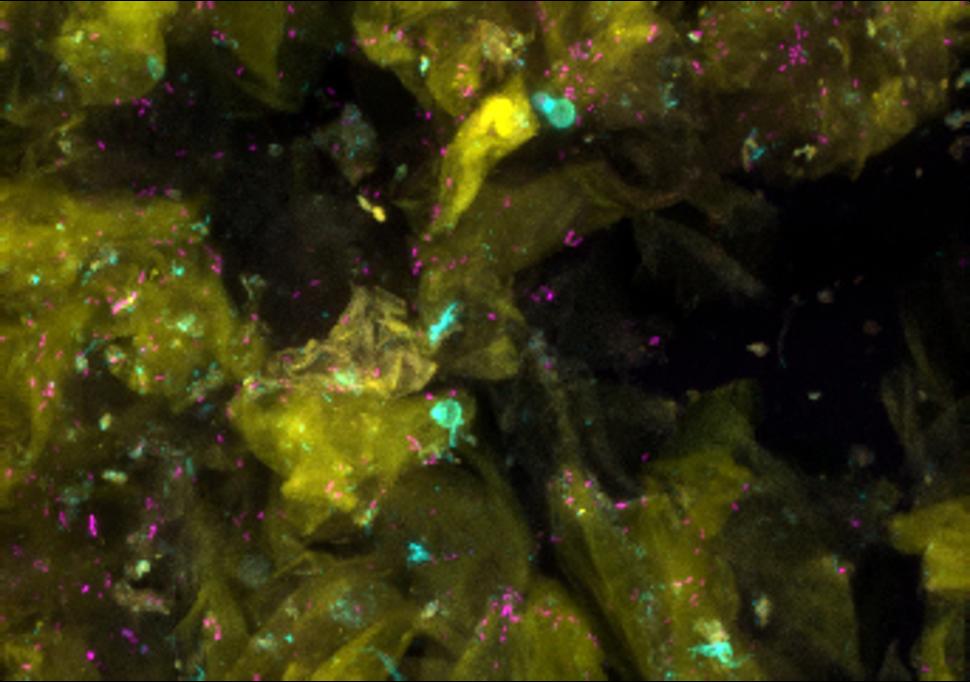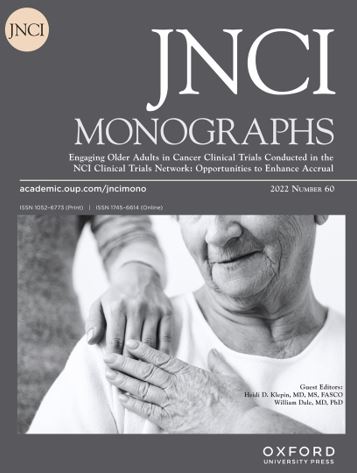News and Events
Diet and Nutrition for Managing Cancer Symptoms
Date Posted: May 27, 2025
Targeting Aging Biology to Optimize the Long-Term Health of Cancer Survivors
Date Posted: May 15, 2025
Harnessing Studies of Diet and the Gut Microbiome to Reduce Colorectal Cancer Burden
Date Posted: April 29, 2025
Personalised Risk in Lung Screening
Date Posted: April 24, 2025



